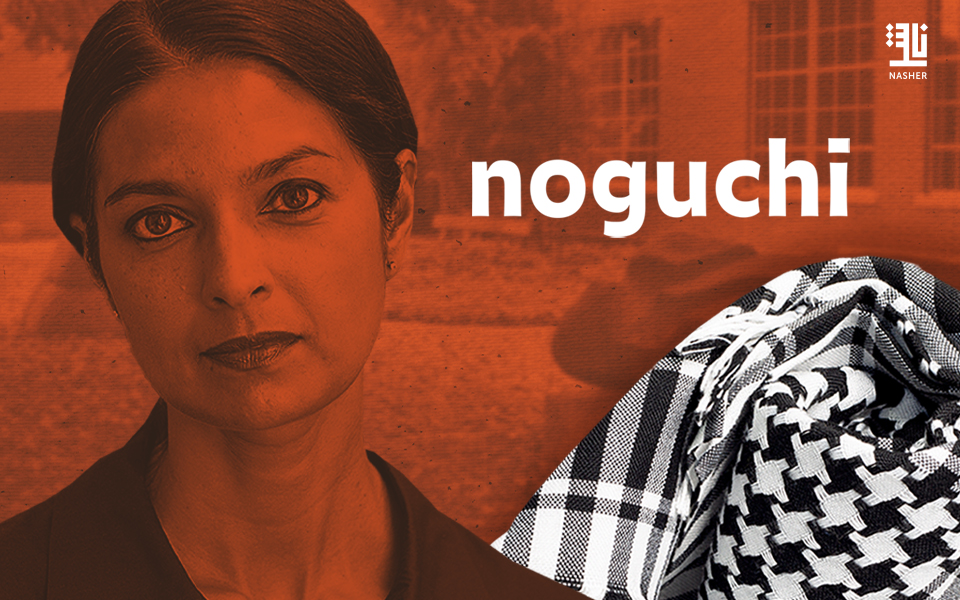Pulitzer Prize-winning author Jhumpa Lahiri declined to accept an award from New York City’s Noguchi Museum after it fired three employees for wearing keffiyeh head scarves, an emblem of Palestinian solidarity, following an updated dress code.
“Jhumpa Lahiri has chosen to withdraw her acceptance of the 2024 Isamu Noguchi Award in response to our updated dress code policy,” the museum said in a statement. “We respect her perspective and understand that this policy may or may not align with everyone’s views.” Lahiri received the Pulitzer Prize in 2000 for her book “Interpreter of Maladies.”
The museum, founded nearly 40 years ago by Japanese-American designer and sculptor Isamu Noguchi, announced in August that employees could not wear clothing or accessories that expressed “political messages, slogans or symbols” during their working hours.
Lahiri’s readers, as well as pro-Palestinian activists, praised the author for having a “principled” and “moral” stance and underlined the potential influence of such a move by a respected icon in the literary world.
The daughter of Indian immigrants, Lahiri was born in London and moved to the United States when she was three.
In 2000 she won the Pulitzer for fiction for her debut story collection, Interpreter of Maladies. She has since published several books of fiction and nonfiction in English and Italian, after living in Rome, Italy.
Lahiri is also the director of the creative writing programme at Barnard College, Columbia. The New York women’s college was under public scrutiny in recent months for deleting a post on its Instagram account featuring a Barnard student who is seen holding up the latest issue of ArabLit Quarterly.
The issue’s front cover showed a flower-filled map of occupied Palestine, with flowers blooming out of Gaza.
The keffiyeh scarf has become a symbol of Palestinian self-determination across the world, with many protesters wearing it in solidarity with the people of Gaza while demanding an end to Israel’s war on the besieged enclave.
Lahiri, was also one of thousands of scholars who signed a letter in May to university presidents in the US, expressing solidarity with campus protests against Israel’s war in Gaza, calling it “unspeakable destruction”.







